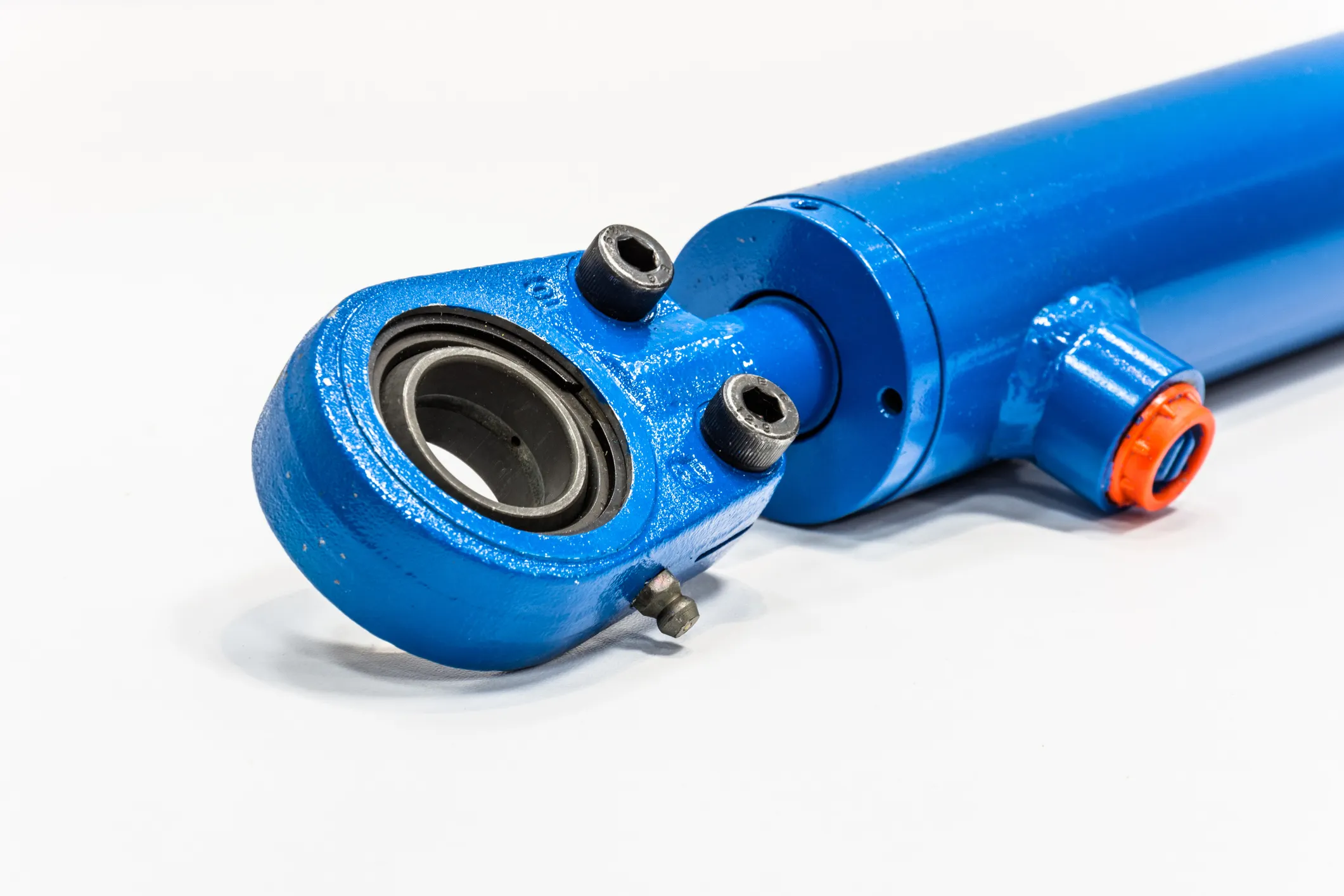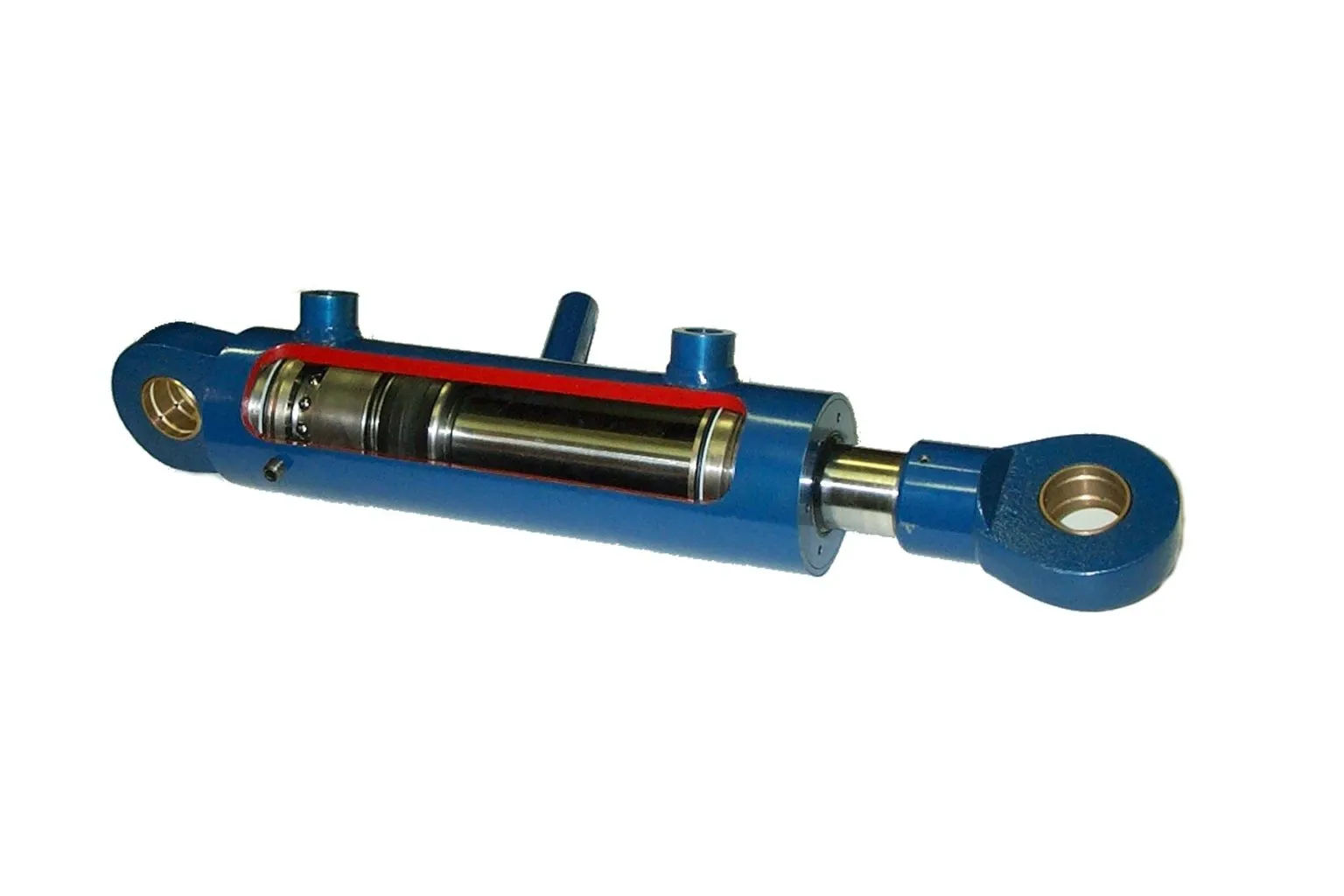The Role of Hydraulic Cylinders in Industrial Bending Applications
Industrial hydraulic cylinders play a crucial role in the bending process within various industries. These cylinders are essential components that provide the necessary force and motion required to bend materials such as metal, plastic, and other substances. The hydraulic cylinder’s ability to generate high levels of power in a controlled manner makes it an indispensable tool in bending applications.
Key Components and Structure of Hydraulic Cylinders
A hydraulic cylinder is comprised of several key components, including a piston, cylinder barrel, and hydraulic fluid. The piston moves back and forth inside the cylinder, creating a linear motion that exerts force on the material being bent. The hydraulic fluid is used to transmit this force and control the movement of the piston, ensuring precise bending operations.
Principle of Hydraulic Cylinder Operation
The basic principle of hydraulic cylinder operation involves the conversion of hydraulic energy into mechanical energy. When hydraulic fluid is pressurized, it exerts force on the piston, causing it to move and apply pressure to the material. This controlled motion allows for accurate and efficient bending processes, making hydraulic cylinders ideal for a wide range of industrial applications.
Types of Hydraulic Cylinders
There are several types of hydraulic cylinders commonly used in industrial bending applications, each with unique features and capabilities. These include single-acting, double-acting, telescopic, and differential cylinders. Single-acting cylinders apply force in one direction, while double-acting cylinders can exert force in both directions. Telescopic cylinders have multiple stages for extended reach, and differential cylinders provide varying levels of force based on input pressure.
Advantages of Industrial Hydraulic Cylinders
1. High force output for effective bending operations.
2. Precise control for accurate bending angles.
3. Versatility to accommodate various material types and thicknesses.
4. Durable construction for long-term reliability.
5. Efficient energy utilization for cost-effective bending processes.
Industrial Sectors Using Hydraulic Cylinders
1. Manufacturing: Hydraulic cylinders are used in press machines for metal forming.
2. Construction: Hydraulic cylinders power equipment such as cranes and bulldozers.
3. Mining: Hydraulic cylinders support heavy-duty machinery for ore extraction.
4. Agriculture: Hydraulic cylinders operate farming equipment like tractors and harvesters.
5. Automotive: Hydraulic cylinders assist in vehicle assembly and production processes.
Choosing the Right Hydraulic Cylinder
When selecting an industrial hydraulic cylinder for bending applications, factors such as load capacity, stroke length, and bore size must be considered. Matching the cylinder’s performance to specific bending requirements is essential for optimal operation and efficiency.

Maintenance and Care of Hydraulic Cylinders
Regular maintenance of hydraulic cylinders is vital to ensure their longevity and performance. Inspection, lubrication, and cleaning must be conducted according to manufacturer guidelines to prevent wear and maintain optimal functionality.
Common Maintenance Tasks
1. Cleaning: Remove dirt and debris to prevent cylinder damage.
2. Lubrication: Apply appropriate lubricants to reduce friction and wear.
3. Wear Checking: Inspect seals and components for signs of wear or damage.
Fault Diagnosis and Solutions
Common problems with hydraulic cylinders include leaks, seal damage, and piston misalignment. Proper diagnosis and troubleshooting techniques can help identify issues and implement effective solutions to restore cylinder functionality.
Preventive Measures for Optimal Performance
To minimize potential problems and optimize hydraulic cylinder performance in bending applications, regular maintenance, proper installation, and adherence to operational guidelines are essential. By following preventive measures, users can ensure reliable and efficient bending operations.
Selection Criteria for Industrial Hydraulic Cylinders
1. Load Capacity: Ensure the cylinder can handle the required bending force.

2. Stroke Length: Select a cylinder with appropriate travel distance for bending operations.
3. Bore Size: Choose a cylinder diameter that matches the material thickness and bending requirements.
Company Introduction: Hydraulic Cylinder Manufacturer
We are a leading manufacturer and wholesale distributor of hydraulic cylinders, offering a comprehensive product line for industrial bending applications. With professional expertise, international certifications, customized services, advanced production equipment, and dedicated after-sales support, we strive to provide high-quality hydraulic solutions to our domestic and international customers.
